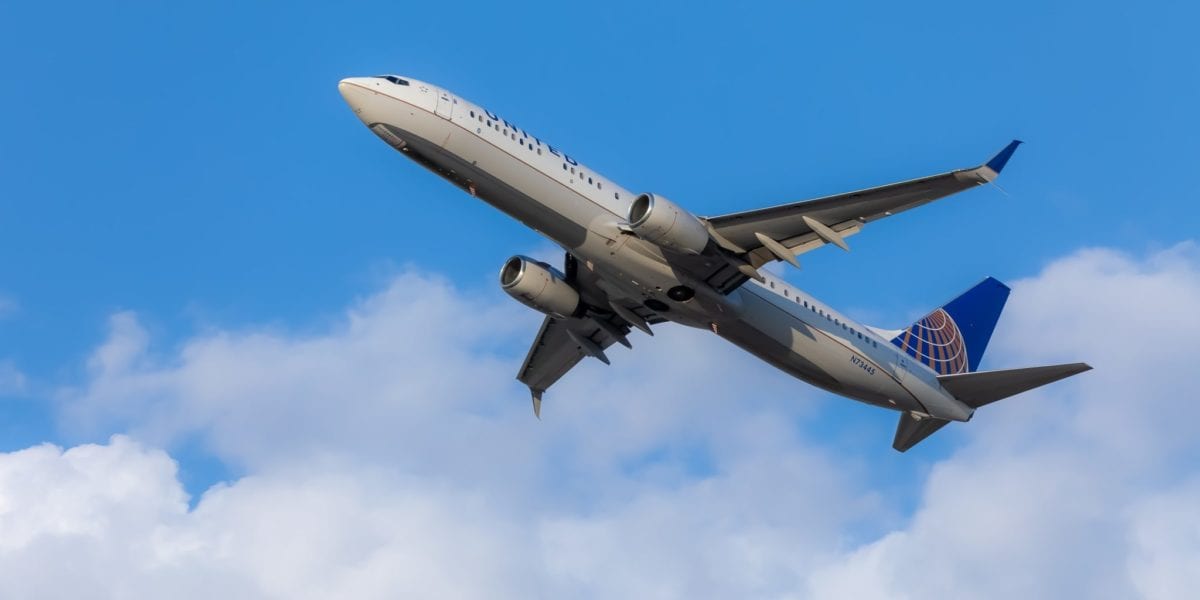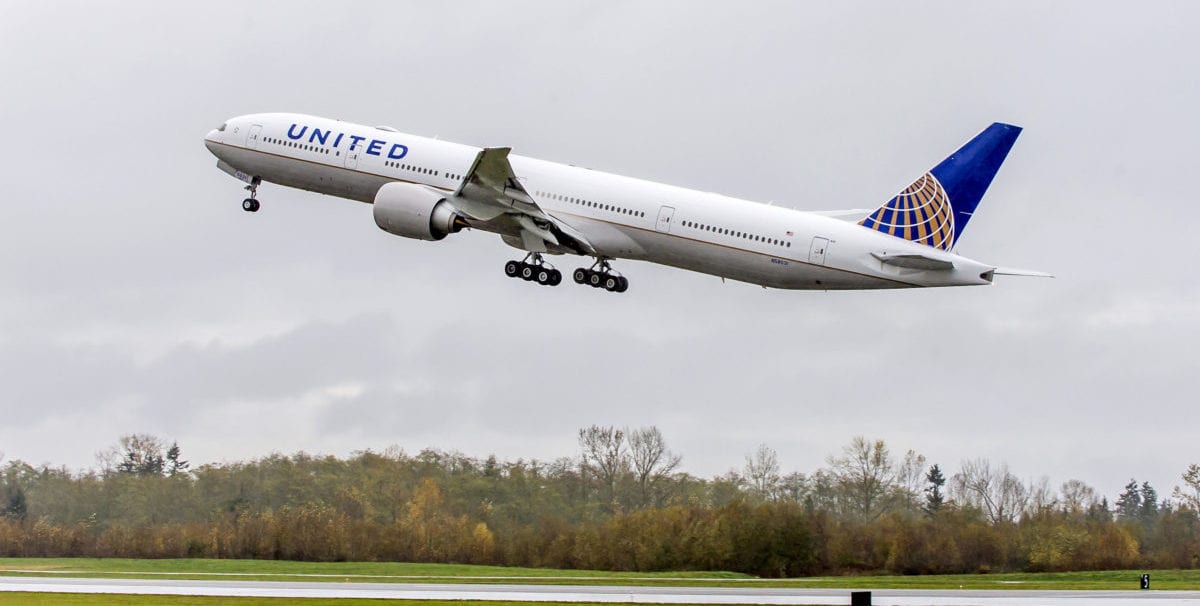United Airlines announced late Tuesday that it lost a whopping $1.6 billion over the spring months, the latest airline to report a massive quarterly loss as coronavirus decimated the airline industry from April through June.
Coronavirus has turned the travel world upside down, and every airline was widely expected to report steep financial losses in the second quarter of 2020 as travel bottomed out over the spring. Every carrier is preparing to downsize to adjust to the new reality of low travel demand, warning flight attendants and pilots alike of looming layoffs or furloughs.
And the numbers behind United's $1.6 billion loss paint a telling picture.
Its passenger revenue dropped by almost 94% compared to the same period in 2019 – including a 96.4% drop in international passenger revenue. With few flights and fuel prices at rock-bottom, the airline spent just $240 million on fuel this quarter – down from almost $2.4 billion last year.
United executives were expected to explain their financial results to investors Wednesday morning.
“While this unprecedented crisis has been difficult for our team, we expect United produced fewer losses and lower cash burn in the second quarter than any of our large network competitors,” CEO Scott Kirby said in a statement.
Yet despite reporting one of the largest losses in company history, United's performance looks relatively strong next to Delta's massive $5.7 billion loss. Because of differences in airline accounting, that's not exactly an apples-to-apples comparison. American has not yet released its quarterly financials.
Still, that gap underscores the drastically different strategies major U.S. airlines have employed to survive coronavirus. In a sentence, those strategies are:
- American Airlines: Pull in more money by flying more than its competitors and offering steeply discounted tickets while packing planes full.
- Delta Air Lines: Win travelers back for the long-term by focusing on safety, blocking middle seats to give passengers more space and emphasizing new cleaning procedures.
- United Airlines: Quickly cut costs and shrink into survival mode for what the airline expects will be a longer (and deeper) downturn in travel.
United's quarterly results show it was more successful on that front. United cut its operating expenses by nearly 69%, compared to just a 40% cut with Delta.
“We believe this quick and aggressive action has positioned United to both survive the COVID crisis and capitalize on consumer demand when it sustainably returns,” Kirby said.
Even as travel slowly built back up during the early summer, United was more bearish than its competitors. With coronavirus cases skyrocketing nationwide and signs that the recovery in travel has ground to a halt, that approach may be wise.
But no airline is out of the woods yet. Industry experts say it will be at least two to three years before travel numbers return to pre-coronavirus levels. United still expects to burn $25 million a day through the summer months.
Bottom Line
After years of uninterrupted growth and record profits, it seems strange to say that United's $1.6 billion loss isn't as bad as it could be. But here we are.
No matter how you slice it, these losses make clear that the “return to normal” for air travel won't come anytime soon.

